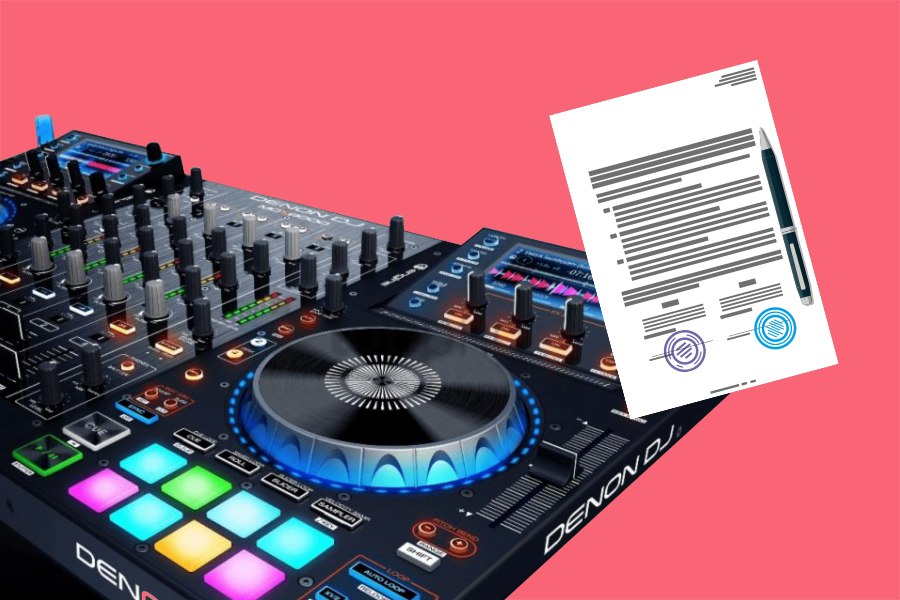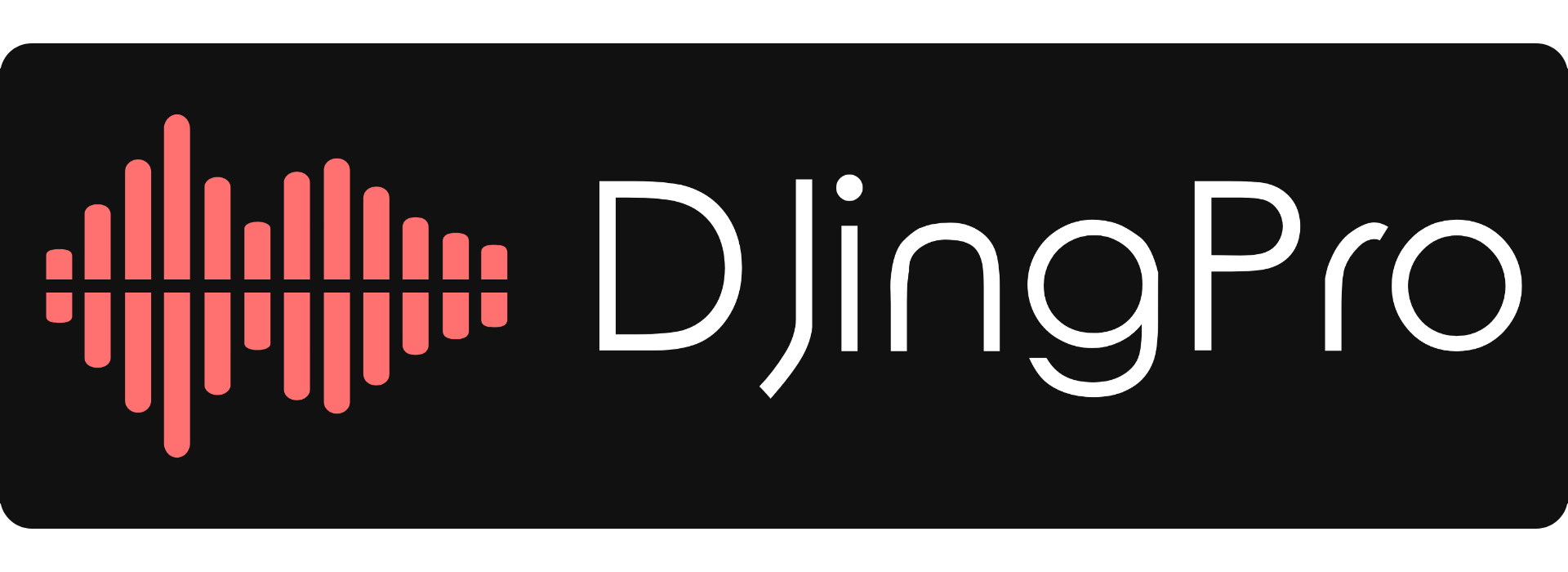For aspiring DJs, playing mainstage is a dream. However, one point of confusion for many DJs is the licensing requirements. Can you get in trouble for playing your music? Do you have to pay royalties? Don’t worry – today we’ll get to the bottom of this.

First, realize that 99% of DJs have NOTHING to worry about when it comes to getting a license. If you’re just going to be playing in your bedroom, at local house parties, and small private events, you won’t need any license.
However… if you plan on mixing in clubs, public places, or festivals, you’ll want to continue reading.
When it comes to DJing and licensing, you need to take care of two things.
- Individual Licensing
- Venue Licensing
Individual Licensing & Fair Use
Realistically, 99% of the aspiring DJs don’t bother or even have to worry about getting a license.
BUT
Just because you’re a DJ, doesn’t mean you have the leeway to play any music you want. Each copyrighted track has royalties attached to it. Thus, unless you get permission from the artist or the label, it’s advisable not to play their track in a large setting.
When you’re an upcoming artist, playing small locations may not grab attention. However, if you’re a noticeable artist who’s playing a track without licensing at a festival, you can land in hot waters.
As an aspiring DJ, you don’t want any legal issues. Thus, it’s crucial to understand how you go about choosing tracks for your sets.
Personal tracks
You can play your tracks including the remixes as they come under ‘fair use’. Chances are you can do it 99% of the time if you own the rights. However, if you’ve released a track as label exclusive, you might want to get their permission.
Other artists’ tracks
When you’re making money using other people’s tracks, they’re naturally bound to receive some royalties. Yes, you may have purchased the song, but that doesn’t permit you to play it live. In the past two decades the usage of copyrighted material, especially music, and audio have attracted strict laws.
Venue Licensing
If you’re playing in a club or festival, here’s the good news. In most cases, the club or festival will have the requisite license! This means you don’t need to get your own license.
When DJs play live at a venue, mixing a collection of tracks, the venue is required to pay royalties for those tracks. The venue needs to coordinate with Performing Rights Organization (PRO) to pay the licensing fee.
In the US, there are organizations such as the American Society of Composers, Authors, and Publishers (ASCAP), Broadcast Music Inc (BMI), and SESAC. Let us briefly learn about the function of each of these organizations.
ASCAP: An organization comprising thousands of members working in the industry. These include creative personnel such as music composers, authors, and eventual publishers. Getting a green signal from them will help you steer clear of any legal challenges.
BMI: An organization in charge of collecting royalty fees on behalf of artists. Generally, the venues need to coordinate with BMI to cover the royalty fees on behalf of the singers, composers, producers, songwriters, etc.
SESAC: An organization that is in charge of upholding and advocating for a performer’s rights.
Similar to these organizations, every country has its music licensing bodies.
So if you’re playing at a club or business, before accepting the gig, just ask the venue if they have proper licensing rights. If not, you should ask them to get it before you agree to play there.
Do you need a license to be a DJ?
Most DJs start their careers at small venues. Generally, these are house parties, local bars, and wedding receptions. If you’re just starting and playing at small clubs, you don’t need a license.
In the initial stages, you just want to focus on the craft more than the legal aspect of it. At this stage, you must only worry about buying your music legally and investing in quality equipment. If you’re doing that, then you’re good.
Do DJs need permission to play songs?
99% of the time, it’ll be classified as fair use – as long you’re mixing up the music in some manner and creating an original work. You generally do not need permission to play songs. However, if you plan on playing another DJ’s mix or a popular song (with no changes), you may need permission.
Why do DJs need to understand copyright laws?
In the past 30 years, the music industry has evolved. With the rise of services such as Bittorrent, illegal music distribution became prevalent. This led to songs been stolen and distributed without any compensation to the creators.
Streaming platforms such as YouTube and SoundCloud require the content to comply with copyright rules.
To avoid any legal ramifications, you can also copyright your music. These days, most of the DJs are turning producers. If you’re following the same route, make sure to copyright the music for $40 with proper paperwork.
Personal Verdict
As a DJ, you want to work within the lines to avoid legal hassles. If you’re on your way to becoming a professional DJ, you should pay attention to licensing, copyright details, and legal permissions.
